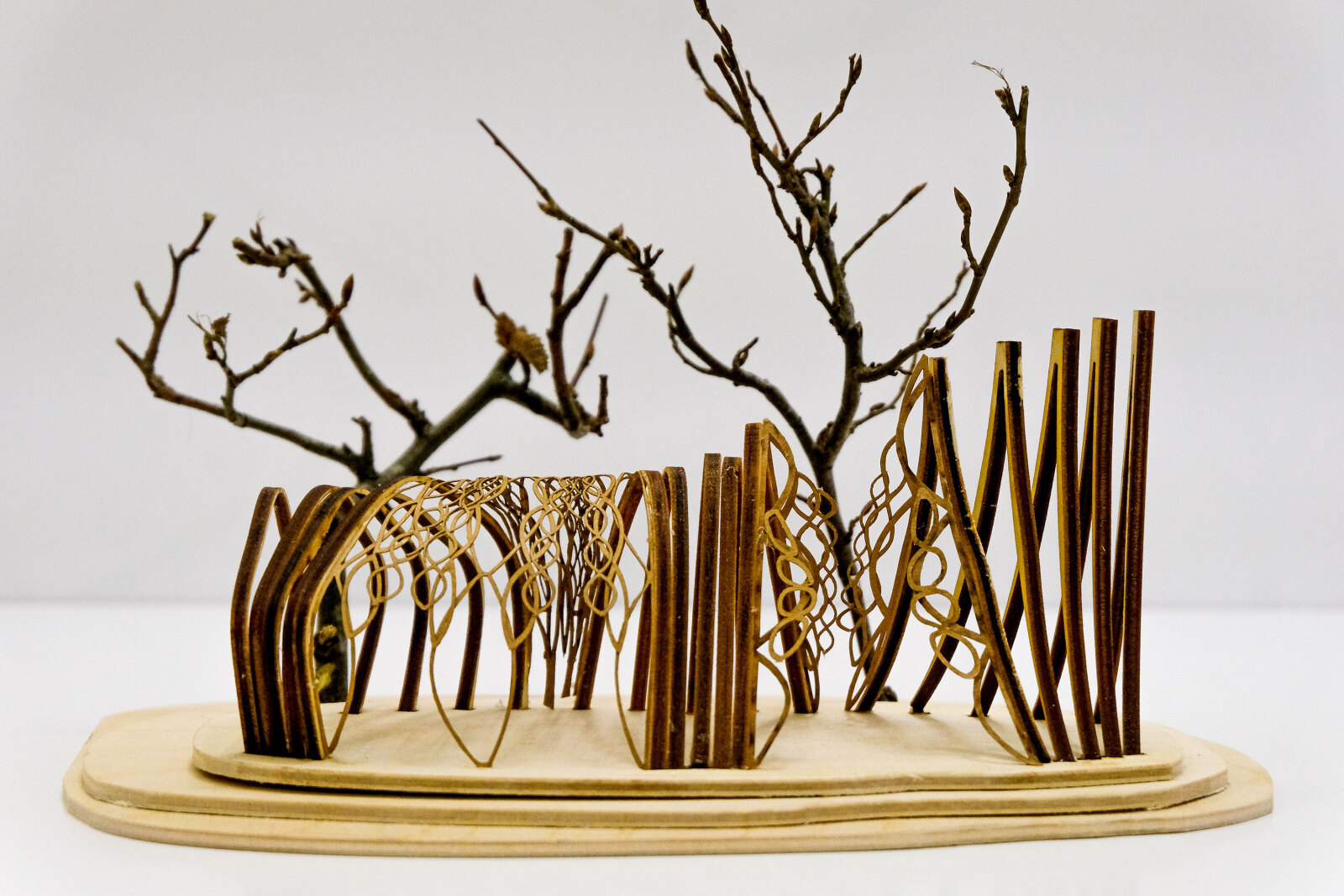Q: Where did you do your Part 3?
C: I did it at Westminster University
Q: Did you grow your hair exclusively for your Part 3 Course?
C: Yeah, maybe, maybe I thought I needed a new look to suit my new role as an architect. It was either that or I was just embracing the lockdown look.
C: I did it at Westminster University
Q: Did you grow your hair exclusively for your Part 3 Course?
C: Yeah, maybe, maybe I thought I needed a new look to suit my new role as an architect. It was either that or I was just embracing the lockdown look.
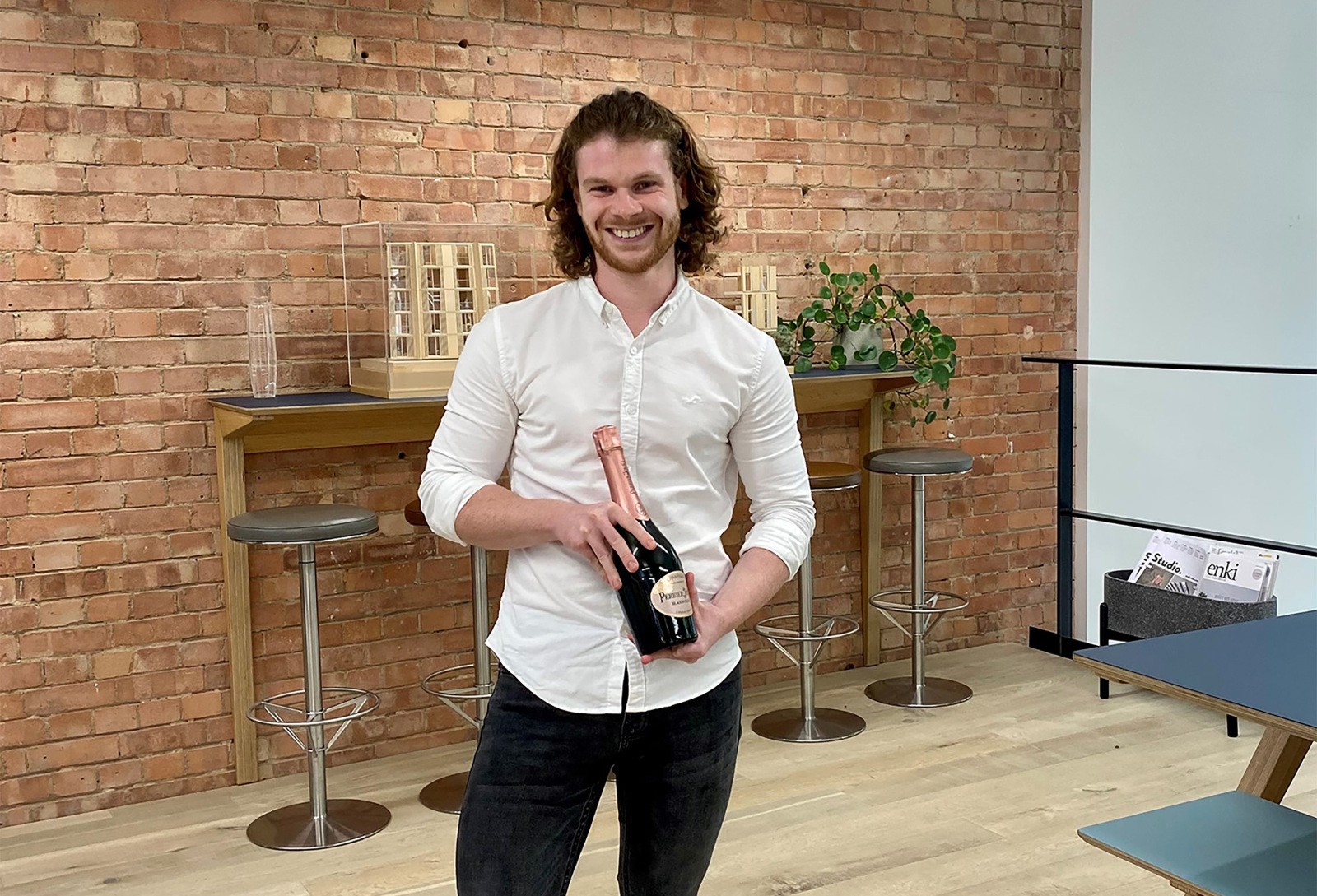
Q: The last couple of years have been unique to everyone, in what ways did the pandemic affect your Part 3 experience?
C: Absolutely, it was very unique, I actually, the entire year, didn't attend the university in person at all and I didn't meet anybody, which made the whole experience a bit surreal, but I think there was actually a lot of positives that came out of that situation. I definitely found the online format easier to manage time and, both with studies and with project commitments.
It obviously would have been nice to meet people, to be able to form study groups, share in the camaraderie, to go for a pint after the exams, to share in the celebrations, but I think overall it was a surprisingly good year to do it. Everybody always talks about you never have any free time during your Part 3, but thankfully I had a pandemic, so I wasn't missing out on anything in the first place.
C: Absolutely, it was very unique, I actually, the entire year, didn't attend the university in person at all and I didn't meet anybody, which made the whole experience a bit surreal, but I think there was actually a lot of positives that came out of that situation. I definitely found the online format easier to manage time and, both with studies and with project commitments.
It obviously would have been nice to meet people, to be able to form study groups, share in the camaraderie, to go for a pint after the exams, to share in the celebrations, but I think overall it was a surprisingly good year to do it. Everybody always talks about you never have any free time during your Part 3, but thankfully I had a pandemic, so I wasn't missing out on anything in the first place.
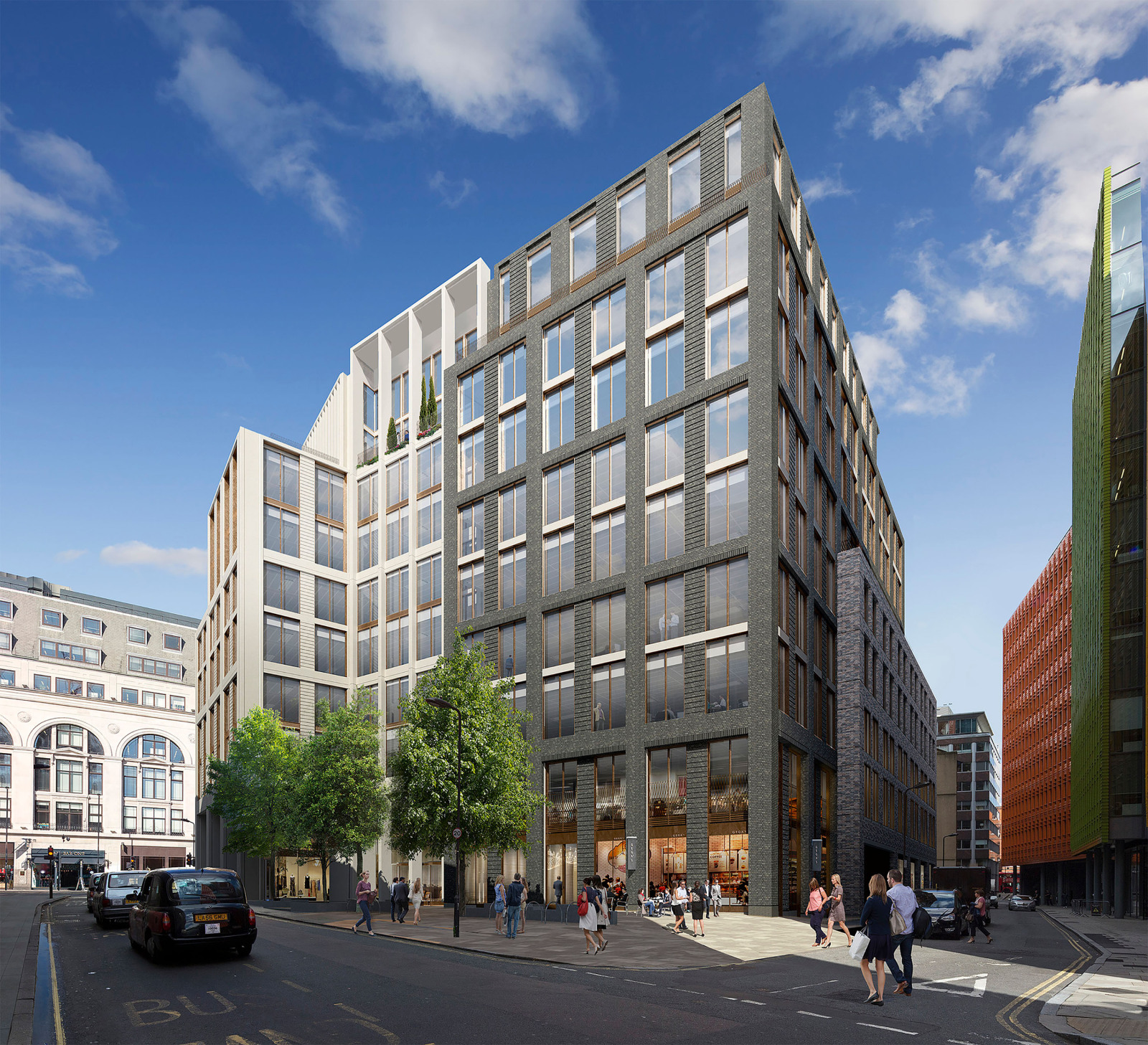
Q: What project did you do your case study on?
C: I did my case study on a project i'm still currently working on, it's called The Earnshaw. It's a 10 storey high-end office building with ground floor retail, located on New Oxford Street, so right in Central London.
When I started on the project it had been on site for a while but it was a separate demolition contractor, so around about the time I was really in the midst of writing my case study, it was during the handover where the main contractor was taking site possession. Since then it has progressed at a great rate and is now going up at an impressive pace, which is presenting lots of interesting challenges that the team is currently working through.
C: I did my case study on a project i'm still currently working on, it's called The Earnshaw. It's a 10 storey high-end office building with ground floor retail, located on New Oxford Street, so right in Central London.
When I started on the project it had been on site for a while but it was a separate demolition contractor, so around about the time I was really in the midst of writing my case study, it was during the handover where the main contractor was taking site possession. Since then it has progressed at a great rate and is now going up at an impressive pace, which is presenting lots of interesting challenges that the team is currently working through.
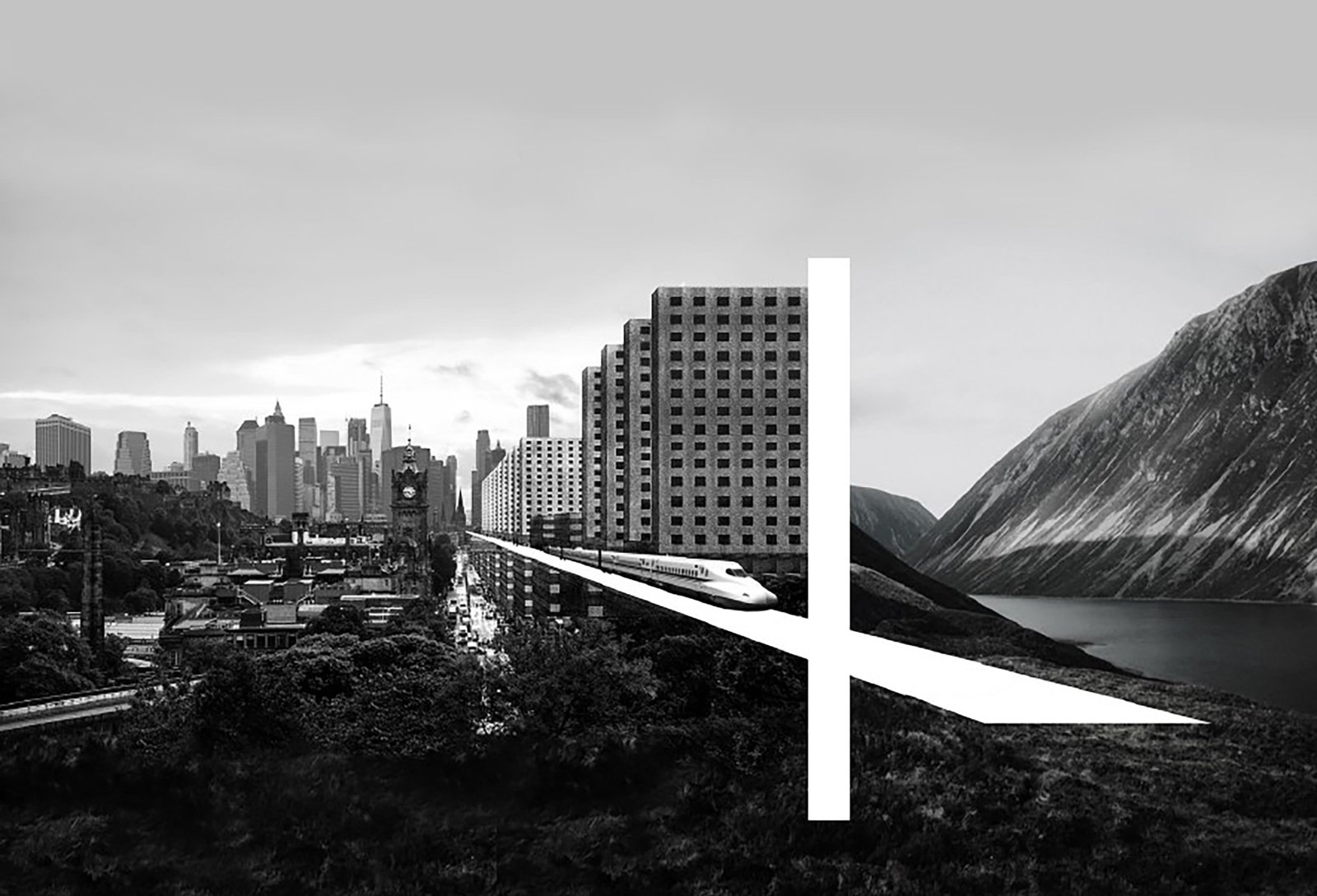
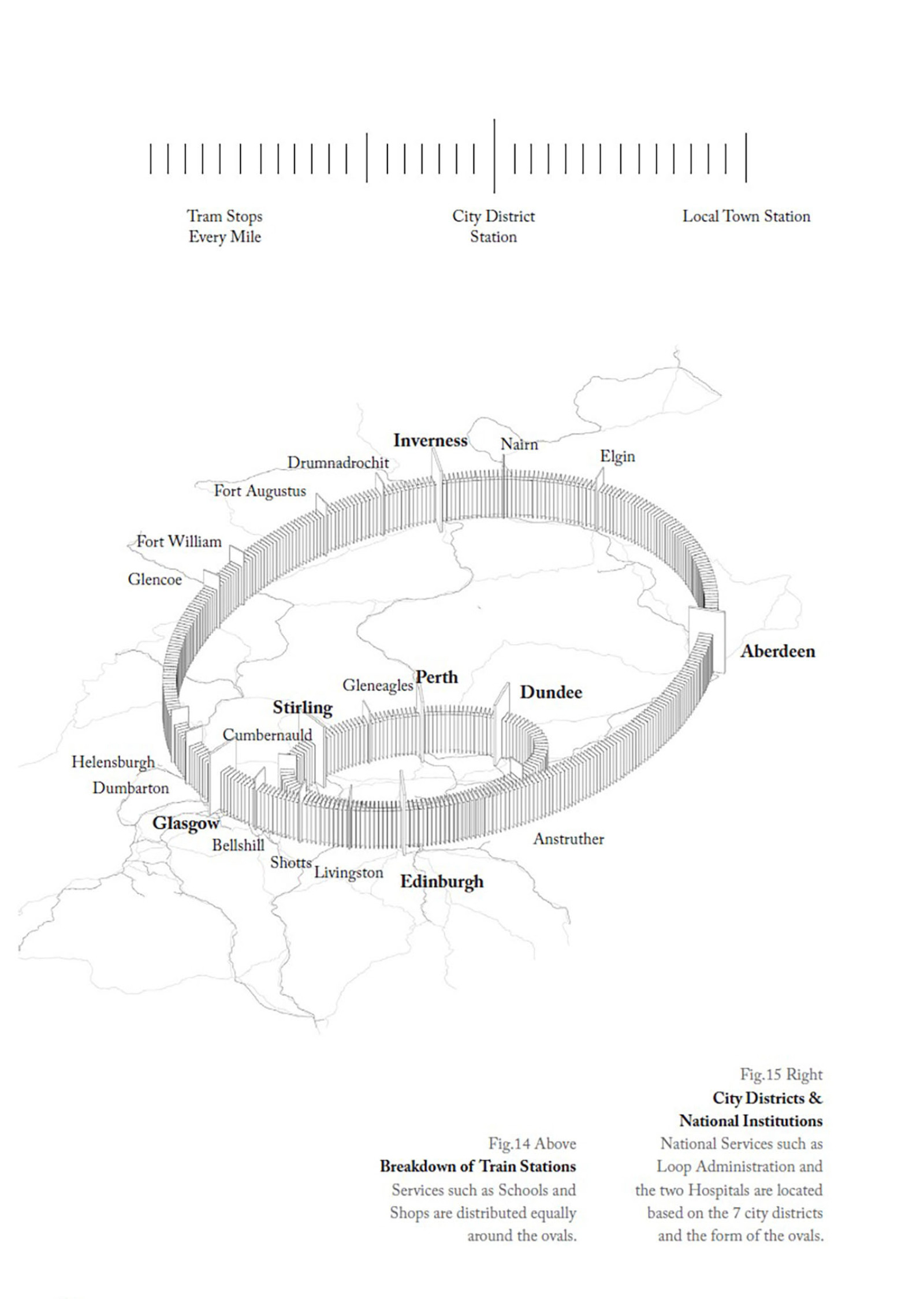
Q: In what ways has your Part 3 experience changed what kind of architect or designer you want to be?
C: Yeah, I would say it has. I have always been interested in a social and politically motivated form of architecture. Indeed my masters thesis formed a critique of something I kind of termed, 'untamed commodity urbanism' that put forward an alternative approach to a more social form of placemaking.
In a sense, I think I've always been interested in an architecture that is rooted in people and place, but studying the Part 3 course has really raised my awareness of the larger issues we face as an industry and as a society. As such, I think I aspire to be the sort of architect that is interested in a more ethical form of sustainable design and development.
C: Yeah, I would say it has. I have always been interested in a social and politically motivated form of architecture. Indeed my masters thesis formed a critique of something I kind of termed, 'untamed commodity urbanism' that put forward an alternative approach to a more social form of placemaking.
In a sense, I think I've always been interested in an architecture that is rooted in people and place, but studying the Part 3 course has really raised my awareness of the larger issues we face as an industry and as a society. As such, I think I aspire to be the sort of architect that is interested in a more ethical form of sustainable design and development.







